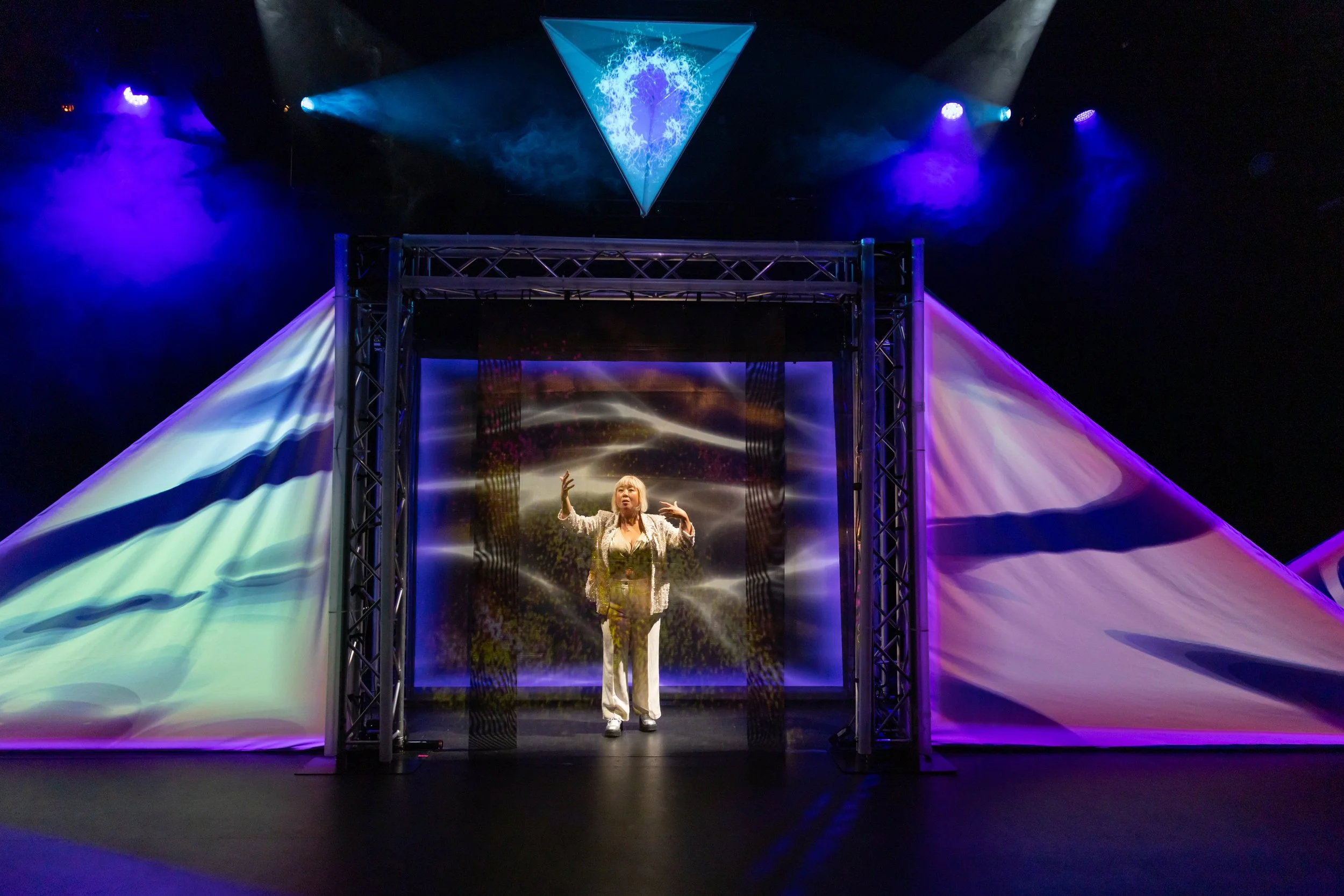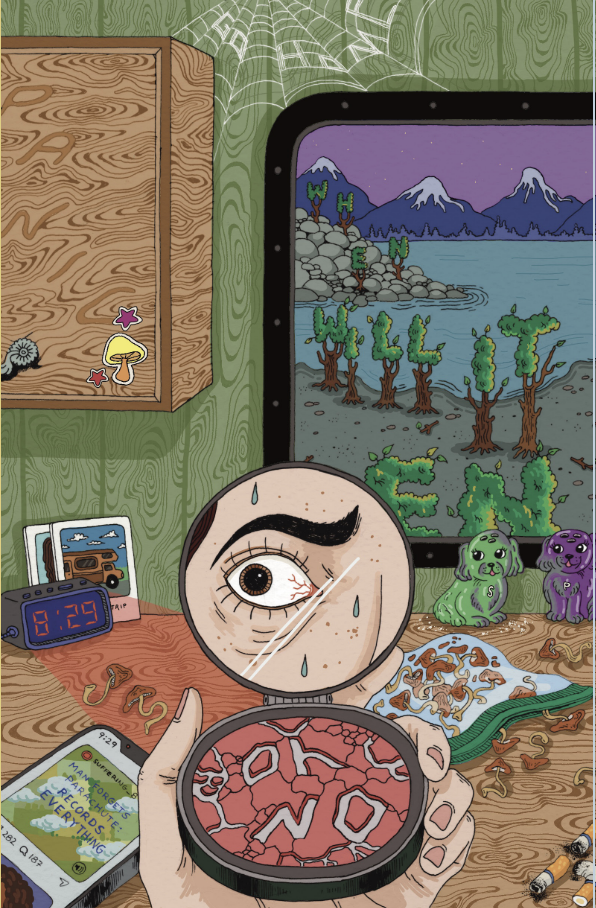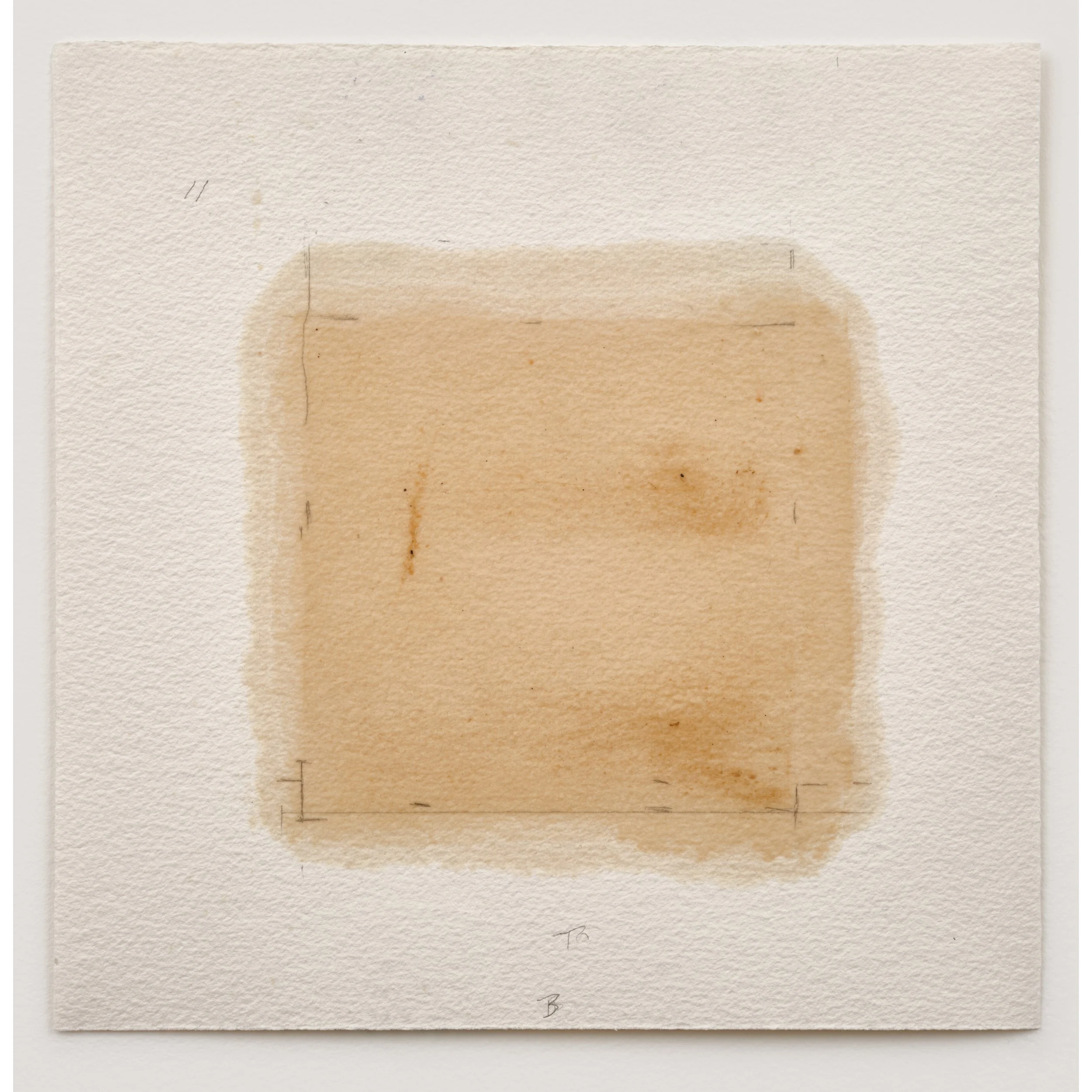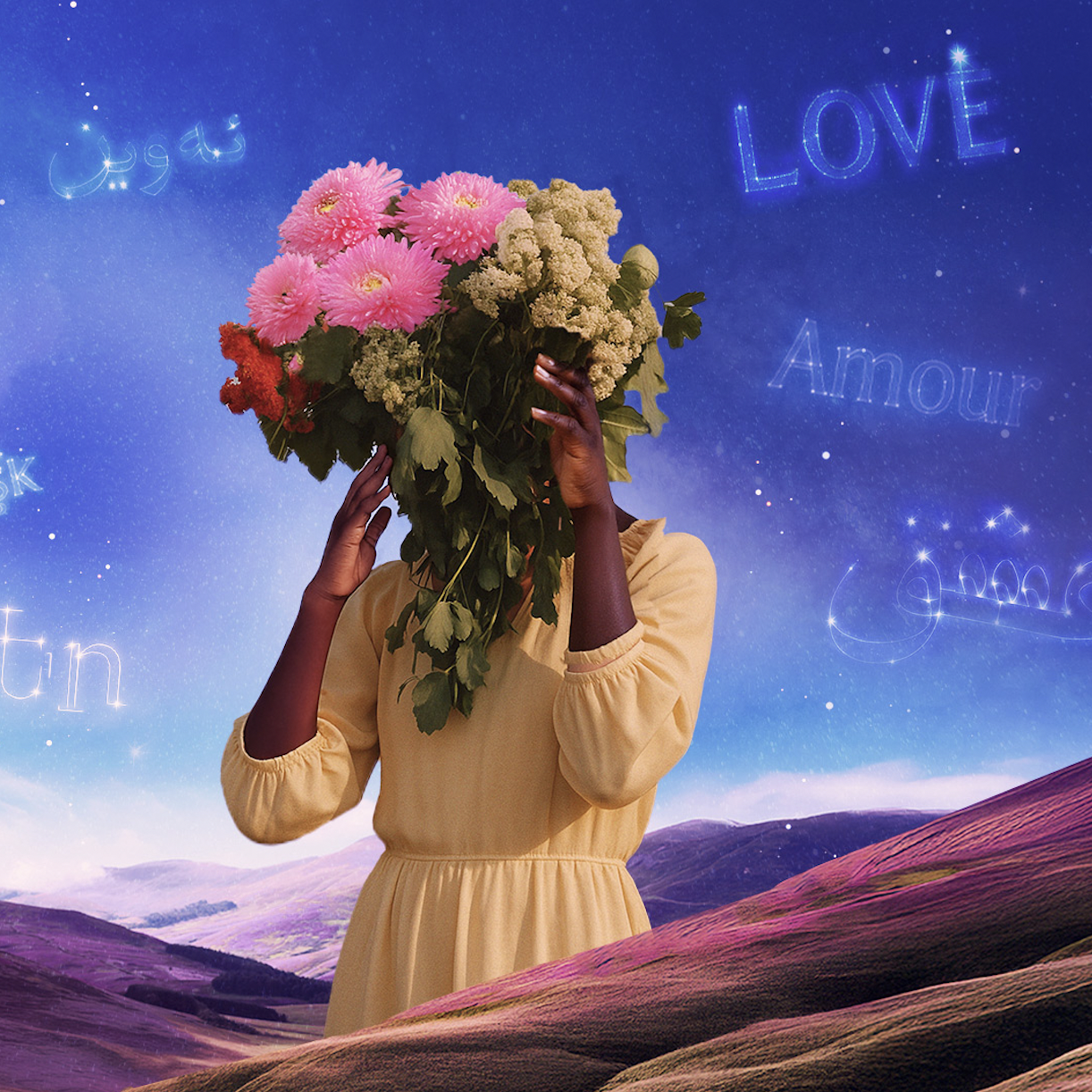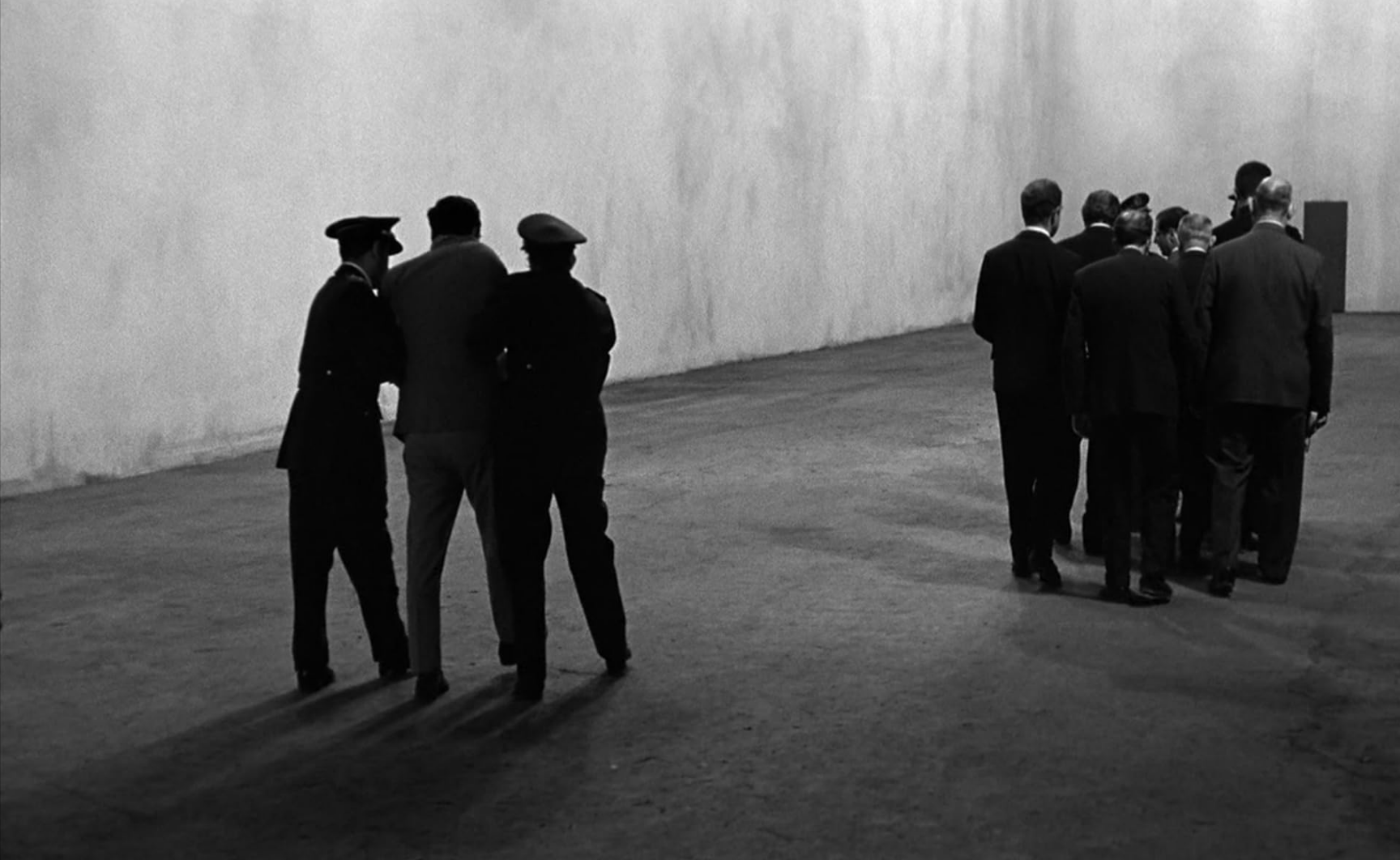Sell Out, A Series: 5 Questions with Beau Wheeler
/Sell Out is a series by interdisciplinary artist Angela Fama (she/they), who co-creates conversations with individual artists across Vancouver. Questioning ideas of artistry, identity, “day jobs,” and how they intertwine, Fama settles in with each artist (at a local café of their choice) and asks the same series of questions. With one roll of medium format film, Fama captures portraits of the artist, after the verbal conversations have been had.
Beau Wheeler (he/him) is a musician and private music teacher. Follow their work on https://www.beauwheeler.com and on Instagram @beauwheelerofficial
Location: Northern Café & Grill
What do you make/create?
I’m a musician. I’m a songwriter and singer. I come from a musical family. My grandpa played piano with Nat King Cole, Sammy Davis Junior, stuff like that. I didn’t meet him growing up, but there was always music in my family. I started writing from the age of thirteen, and never stopped. Now I teach songwriting, music, and performance – and I perform live, my own original stuff.
What do you do to support that?
I teach music. I started off teaching guitar, then it moved into a bunch of different things, so now I teach mostly singing, songwriting, playing all-together, and performance. Basically, I kind of teach what I do, which is just like what it means to be an artist. What the mindset is behind that, and how to approach those sorts of things, because that’s something that I never had growing up; somebody to talk to, like another weirdo to bounce things off of.
During the pandemic, I started to teach a lot of youth. I love working with youth. I work with a lot of them on creativity and was just like, “Ok, during the pandemic, you’re not going to school, what would you want to do if you didn’t have to worry about money, or what your parents wanted you to do?” Some of them were like, “I want to be a writer,” some of them were like, “I want to be an anime artist,” so we just worked on those projects. One person wrote three novels. These are kids too! They worked on things like getting commissions for their art on Instagram, or whatever!
What interests me is what goes into what you need to think in your mind in order to be an artist, how to deal with the critic in your mind, and foster creativity. I also teach a lot of people that come from fairly affluent backgrounds, high achieving people that have had big careers, and now they have time to work on the things that are close to their hearts. I find that really interesting too, because some of those older generations are also working against much more messaging that they grew up with. Sometimes people have had to homogenise themselves in order to have these big careers and stuff like that, and then they realise they still have all those things inside themselves that are still there, and are still beautiful, and are still emotional, that never go away.
I’m accessible to people at any level. I teach in all different settings. I teach queer youth groups; I’ve taught in women’s prisons; I’ve taught in university settings for creative writing; I’ve taught in high schools, mostly at-risk youth. At-risk youth are kind of my jam, I love working with them.
Describe something about how your art practice and your “day job” interact.
I think it’s pretty much all the same thing. I wanted to be a writer; I wanted to be a creator of music. That was a goal of mine from a very early age. I was obsessed with The Beatles when I was a little kid. I wanted to be able to do what they did. So, I was like, “Ok, The Beatles don’t just sing other people’s songs. They did to begin with, but to be in that group of people that are creating, you have to do what they do and not just copy them.” That was a really big goal for me that I’m always striving towards.
I felt like early on, I decided. I never really did anything other than music. I worked in record stores, or guitar shops, or places that always allowed me to learn more about music during the day. All I did was music basically. I love it. I could do it all day long, and I’m still excited about it afterwards. I was like, “Ok, I don’t want to be in a cover band,” because that’s – at the time, when I was younger – a good way to make a lot of money, but that’s what you’d become: a cover band. I thought, “If I’m going to pay my rent and stuff like that, I’m gonna do it with time, where I can also educate myself.” I could stand in a record shop – when there was no internet – and listen to music all day long, every day, for years. Or, I worked in a guitar shop, and I’d stand behind the other people and listen to what they said about instruments. I was like, “I’m going to learn about gear all day long, every day,” even when I had no idea about any of those things when I started.
When I started teaching, I was the only female-assigned-at-birth teacher in Vancouver, really, other than a couple other people. People would come to take lessons from me, and then they found somebody who wasn’t, you know, a traditional “female,” and maybe not what they expected, but maybe something that was at its beginnings in Vancouver, and it was an honour to be a part of that.
I was teaching when there was not a lot of music available on the internet. You had to figure everything out by ear – I didn’t really know how to do that when I first started teaching. I just started doing it, so everything I have always done as a day job has always been so that I can learn more about music.
What’s a challenge you’re facing, or have faced, in relation to this and/or what’s a benefit?
I think every artist faces monetary – funding – challenges. Everything you want to do is exceedingly expensive. I’ve never been funded. I’ve applied for many, many, grants, but I’ve never actually gotten one. I’ve always had to self-fund. I’ve just worked to do that, because it’s the most important thing to me in my life – also my family and friends and all of those things as well – most important thing in my artistic life. It’s tough, it’s tough. It causes you to think about what you really want to do, and why you’re doing it.
I think the why is really, really, important. For me, I went through treatment for cancer a couple of years ago, and one of the things that really came home for me was I really wanted another chance. A chance to perform at a high level, and write, and be one of the musicians, or artists, that are out there. That’s the thing that I was like, “I hope I really get another chance in my life to do this, and if I do get it, I’m gonna take it. I’m gonna kick it. I’m gonna kick that shit!”
So that, you know, all those things are challenges – health challenges, monetary challenges – but they really galvanise the what. They make you think about what you want to do, and why you want to do it. I was a big John Lennon fan when I was a little kid. He was the worst musician in The Beatles, but I always thought that he had, like, a message. I think this time period is particularly, actually, beautiful for the arts, because people are seeing that vacuous art is not going to cut it anymore. Everybody is now seeing the value of art. The regular person on the street is now seeing how, in the olden days, religion was the thing that connected people, communities. Religion, now, for a lot of people, feels antiquated and alienating, but they’re still humans, and they’re hardwired for connection, so we still need that. That’s where the arts come in.
So now, as a music fan and a music creator, I’m going to all these shows, and they feel absolutely magical, because the people that are making the music, the people that are there to see it, it means so much now to them. I think there’s a lot of really challenging things going on in this world right now, and it’s actually forcing us to see what’s real, what’s valuable, and what’s inspirational. That’s something that’s really important to me in terms of my art practice. It’s thinking about what I’m saying. Because I do work with a lot of youth, I think about, “What is this saying to them when I’m doing this?” Everything I do, those little hearts are watching. It’s part of the thing that motivated me to become healthy again. I’m like, “I’ve got to become healthy again, so I can hang out with those kids again, and this is the story that needs to happen.” I’m so grateful for any opportunity to have those experiences with people, and it’s just incredibly meaningful for me, especially now.
There’s a song on my new record. I did two records during the pandemic, because my dream was to do a live off-the-floor record, like the old school, like Imagine, all those old Ella Fitzgerald records, all that stuff. I love all those live records, there’s something in there that’s a bit of magic. You can’t jimmy up, you can’t fake it, there’s nothing to hide behind. I always wanted to do a record like that, but it terrified the crap out of me so I was like, “Ok, I’m gonna do it.” I set it up, just before the pandemic. It was going to be a live, off-the-floor performance, March 15th, and it got shut down the day the pandemic started. I was like, “Ok, I can’t do that, so I’m just gonna record during the pandemic. I don’t know how long it’s gonna be, and I’ll do a live off-the-floor record with my band at some other point.”
Couldn’t do that, so I started a synth-pop record with another artist friend of mine, and I just played all the parts on it. Then, there was some opening up, so I did a full band album in three days. Fifteen tunes, all live off-the-floor. I was terrified, all the vocals and everything, live.
The idea was to capture the band. I’m playing now with Julie Bavalis on bass, Jesse Waldman producing and playing guitar, Michael Simpsonelli playing drums. It’s this band that came together in a way that, after I had treatment, I was getting all like, “I’m only going to play solo, unless I have a band full of people that are incredible players, sweetie pies, and totally into it, and if it doesn’t check all those boxes, I’m just gonna stay solo.” I played a solo show, at some dive bar, and the band that went up before me was really good. I asked them to sit in with me, I didn’t know them at all. We played the whole show together, and it was magic. That’s this band. From then on, it’s always been like that, so we have to capture this. We made this record. You know, things in life don’t always work out, but this one thing I feel like maybe we’ve captured some fire-flies there. That’s pretty exciting for me.
The title track is “Flying Colours.” It’s a song I wrote going through treatment, and it’s about coming back. I think everyone needs a come-back song these days – and it’s also super queer. I also came out as trans during the pandemic. I realised there’s no point in sitting around worrying what people think about you if there’s nobody there.
Have you made, or created, anything that was inspired by something from your day job? Please describe.
I write songs all day long with all of the people that I work with, so… yes! I started co-writing with people for their albums, stuff like that. Those things grew out of teaching situations. It’s mostly collaboration in lessons. Collaboration in the arts is something so magical, because you would never create those kinds of things by yourself. You’re always influenced by this other spirit. I feel like in music, it’s kind of like summer camp: when you play music with somebody, you can’t really hide your personality, or your emotions. You can get to know somebody right away, because it’s all there for you to see. It’s really special that way. When you’re collaborating, writing, with people, you’re concentrating on the piece of art but, really, the by-product is you get to see the other person’s heart.
Angela Fama (she/they) is an artist, Death Conversation Game entrepreneur, photographer, musician, previous small-business server of many years (The Templeton, Slickity Jim’s etc.). They are a mixed European 2nd-generation settler currently working on the unceded traditional territory of the Coast Salish xʷməθkwəy̓əm, Skwxwú7mesh and Səl̓ílwətaʔ/Selilwitulh Nations.
Follow them at IG @angelafama IG @deathconversationgame or on their website www.angelafama.com





